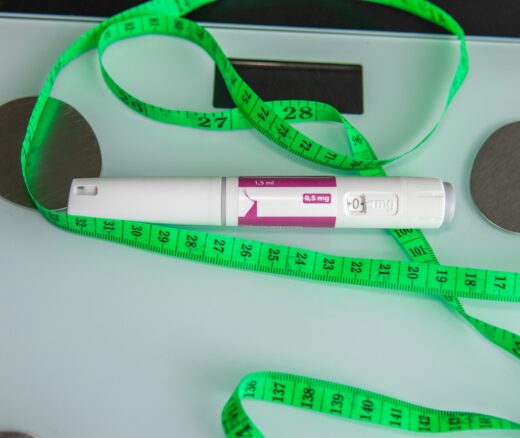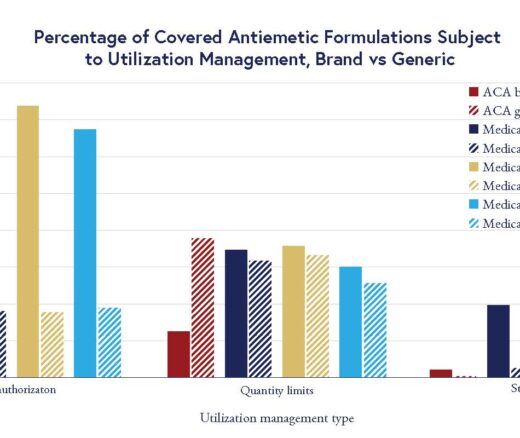
Medicare’s Hidden Fix for High Drug Costs
Medicare’s Payment Plan Can Ease Seniors’ Crushing Drug Costs but Medicare Buries it in the Fine Print
Blog Post
Postpartum depression (PPD) affects about 1 in 7 birthing people, making it the most common complication of childbirth. Individuals with PPD may experience heightened anxiety and sadness, and struggle to connect with their child.
In a new study published in Pediatrics, LDI Senior Fellows James Guevara and David Mandell and their team investigated the impact of a social media-based parenting program on new parents with symptoms of PPD.
The randomized trial took place at the Children’s Hospital of Philadelphia from December 2019 to August 2021. One group was exposed to the Parenting with Depression program administered through Facebook, which seeks to enhance parenting skills and improve parent-child interactions for parents with postpartum depression, plus moodgym, an online therapy program shown to be effective in reducing mild-to-moderate depression symptoms. The other group was exposed only to moodgym.
Across the study groups, the intervention showed improvements in depression symptoms and parenting responsiveness. However, the combination of the Facebook-administered Parenting with Depression program and moodgym led to a more rapid decline in symptoms of PPD for new parents.
The study began before the pandemic and the onset of COVID-19 significantly impacted the contextual landscape of depressive symptoms. The pandemic resulted in a substantial worsening of depressive symptoms and limited engagement with the parenting program for some participants. However, highly engaged participants showed the greatest improvements in responsive parenting.
Untreated PPD exacts an expensive societal toll. While screening programs have expanded our ability to identify the condition, treating all those affected remains a challenge. In-person parenting programs have shown mixed results regarding depressive symptoms and parenting behaviors, but don’t address barriers to in-person attendance among women with postpartum depressive symptoms. We need more options. This work adds to the growing understanding of the role of digital tools to advance health care delivery. As one of the first programs to examine the effects of administering a parenting program through social media, this study provides valuable insights into the potential benefits of virtual interventions for postpartum depression.
The study, “Social Media-Based Parenting Program for Women With Postpartum Depressive Symptoms: An RCT,” was published on February 21, 2023 in Pediatrics. Authors include James Guevara, Knashawn Morales, David Mandell, Marjie Mogul, Talia Charidah, Michael Luethke, Jungwon Min, Roseanne Clark, Laura Betancourt, and Rhonda Byrd.


Medicare’s Payment Plan Can Ease Seniors’ Crushing Drug Costs but Medicare Buries it in the Fine Print

Even With Lower Prices, Medicare, Medicaid, and Other Insurers Tighten Coverage for Drugs Like Mounjaro and Zepbound Using Prior Authorization and Other Tools

A 2024 Study Showing How Even Small Copays Reduce PrEP Use Fueled Media, Legal, and Advocacy Efforts As Courts Weighed a Case Threatening No-Cost Preventive Care for Millions

Chart of the Day: LDI Researchers Report Major Coverage Differences Across ACA and Medicaid Plans, Affecting Access to Drugs That Treat Chemo-Related Nausea

Insurers Avoid Counties With Small Populations and Poor Health but a New LDI Study Finds Limited Evidence of Anticompetitive Behavior

A Proven, Low-Risk Treatment Is Backed by Major Studies and Patient Demand, Yet Medicare and Insurers Still Make It Hard To Use